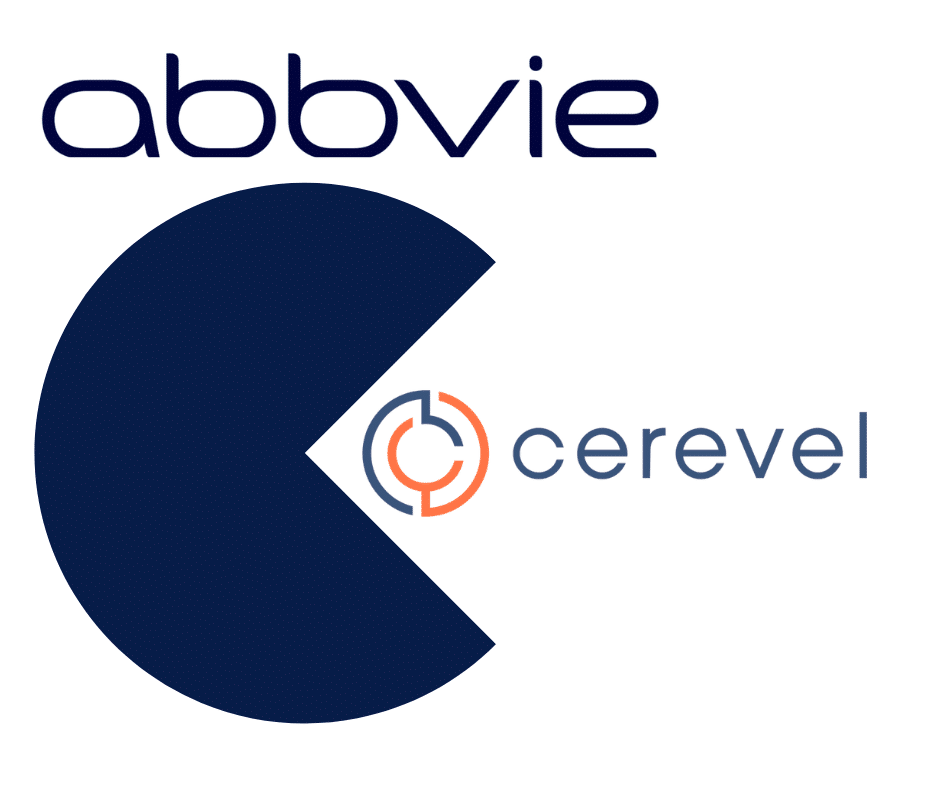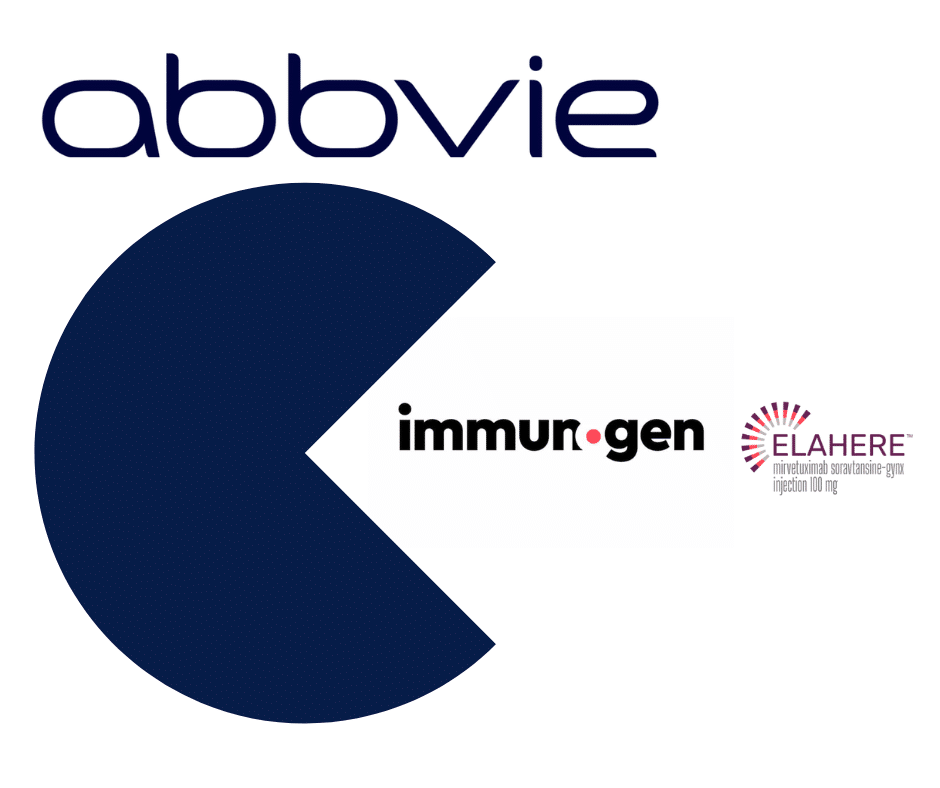
This past week, a dear family member, an older adult, found that she has COVID-19. After her husband was diagnosed and hospitalized, she got tested and was shocked to find herself positive. She immediately called her primary care physician he did not send her immediately for any treatment such as a monoclonal antibody. In fact, when asked about it he indicated that she did not really need it and should just recover at home. After pressure from her family and the nurse practitioner in his practice, she was finally referred for an appointment to receive a monoclonal antibody. She ultimately received it, but this was after multiple delays due to a flawed referral system and lack of initial follow up from her provider.
There is more of a back story though. A week earlier, she had called up that same provider with complaints of a bad cough and weakness. Chalking it up as post-nasal drip, he never suspected COVID-19. So essentially, we are now at ten days from start of symptoms to her treatment. Given the brief window of effectiveness afforded by monoclonal antibodies in COVID, life saving time was being wasted.
Her symptoms should have triggered a COVID-19 test. Once positive, her age should have been the driver for an immediate rush of activity to try and prevent her COVID-19 symptoms from progressing.
Is this breakdown in the system a product of shortage of this therapy? No. Rather it is due to a severe lack of awareness within the public and even among health care providers of the availability and benefits of using monoclonal antibodies early in the course of COVID-19, when patients are diagnosed. This is putting people’s lives in jeopardy needlessly.
Monoclonal Antibodies in COVID-19
Monoclonal antibodies are laboratory-made proteins that mimic the immune system’s ability to fight off harmful antigens such as viruses like COVID-19. Studies show these treatments when used early can prevent high-risk Covid-19 patients from developing severe symptoms.
Eli Lilly received emergency use authorization (EUA) for the investigational monoclonal antibody therapy bamlanivimab on 11/09/20. Bamlanivimab was shown in clinical trials to reduce COVID-19-related hospitalization or emergency room visits in patients at high risk for disease progression within 28 days after treatment when compared to placebo. Regeneron also received an EUA on 11/21/20 from the FDA for casirivimab and imdevimab to be administered together for the treatment of mild to moderate COVID-19 in adults and pediatric patients (12 years of age or older weighing at least 40 kilograms [about 88 pounds]) with positive results of direct SARS-CoV-2 viral testing and who are at high risk for progressing to severe COVID-19.
Getting back to the point that this is definitely not a supply issue, the US Department of Health and Human Services (HHS) said it has allocated nearly 800,000 courses. In early January, the HHS told CNN that “average utilization of the antibody therapies was at 25%. Eli Lilly said Wednesday that utilization for both antibody therapies authorized in the United States rose to 39%, according to information Operation Warp Speed shared with the company last week.” Clearly life-saving treatments are not getting to people at high risk of severe disease early enough.
This clearly demonstrates a breakdown in the system which impacts multiple components. It starts with the front-line providers who are making those early decisions and setting the management path and continues with others along the way including infusion centers and hospitals. There are also entities such as public health and professional associations who should be taking the lead on awareness, education, guidelines and pathways.
Time is of the Essence in COVID-19 – Learning from Other Critical Conditions
Time is of the essence for monoclonal antibodies in COVID-19. Failure to get infused early can lead to far more severe symptoms and potentially a higher risk for mortality. This is akin to what we see in sepsis, a potentially fatal blood infection. In sepsis, there is a window of opportunity to treat before it ravages the body and organ shutdown ensues. I can speak to two situations, one where the therapeutic window was observed and the other where it was not. My mother-in-law was treated in the hospital early by a physician who noted all the symptoms of septic shock and immediately began a heavy dose of antibiotics, oxygen, and admission to the ICU, before all the tests came back. She survived. My father who also exhibited septic shock was not treated early and he succumbed to his illness.
The hospital that treated my mother-in-law obviously had systems in place with ongoing training to support it. It involved early identification (or suspicion) and immediate treatment through a multitude of therapies. We are now seeing similar processes for COVID-19, but they need to be more widespread.
At the moment, our family member is in the ICU getting treatment for COVID-19. We only hope that the monoclonal antibodies were given early enough to have a real effect. While her treatment was delayed, she is likely one of the lucky ones as many are not able to access to such therapies because of lack of support or awareness from their family or healthcare provider. What I have gained from this experience is a sense of urgency to engage our key stakeholders in COVID-19 starting from those at the first level of contact and continuing with everyone throughout the patient journey.
This with the goal of streamlining the approach to COVID-19 so that we can slow down the preventable morbidity and mortality.
Dave Fishman is President at Snowfish.
Snowfish has been helping leading pharma, biotech, and med device companies optimize their stakeholder networks for almost two decades. Please check out snowfish.net to learn more.
- Market Access: The Latest Hurdle for Treating Alzheimer’s and Dementia - June 14, 2023
- Rare Disease Outreach a Missed Opportunity - November 7, 2022
- So You Read Our Previous Post on Biomarkers? - August 1, 2022



